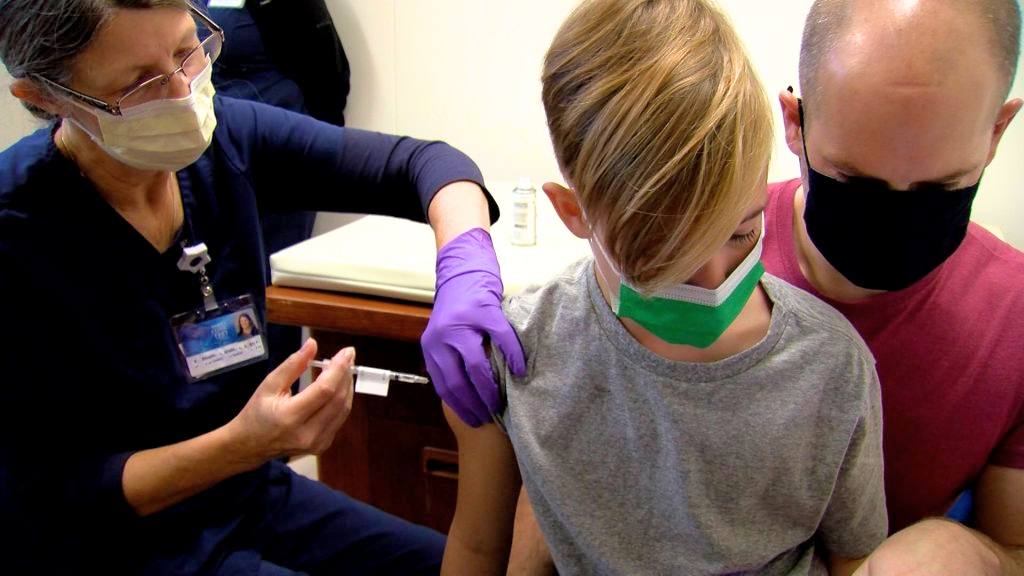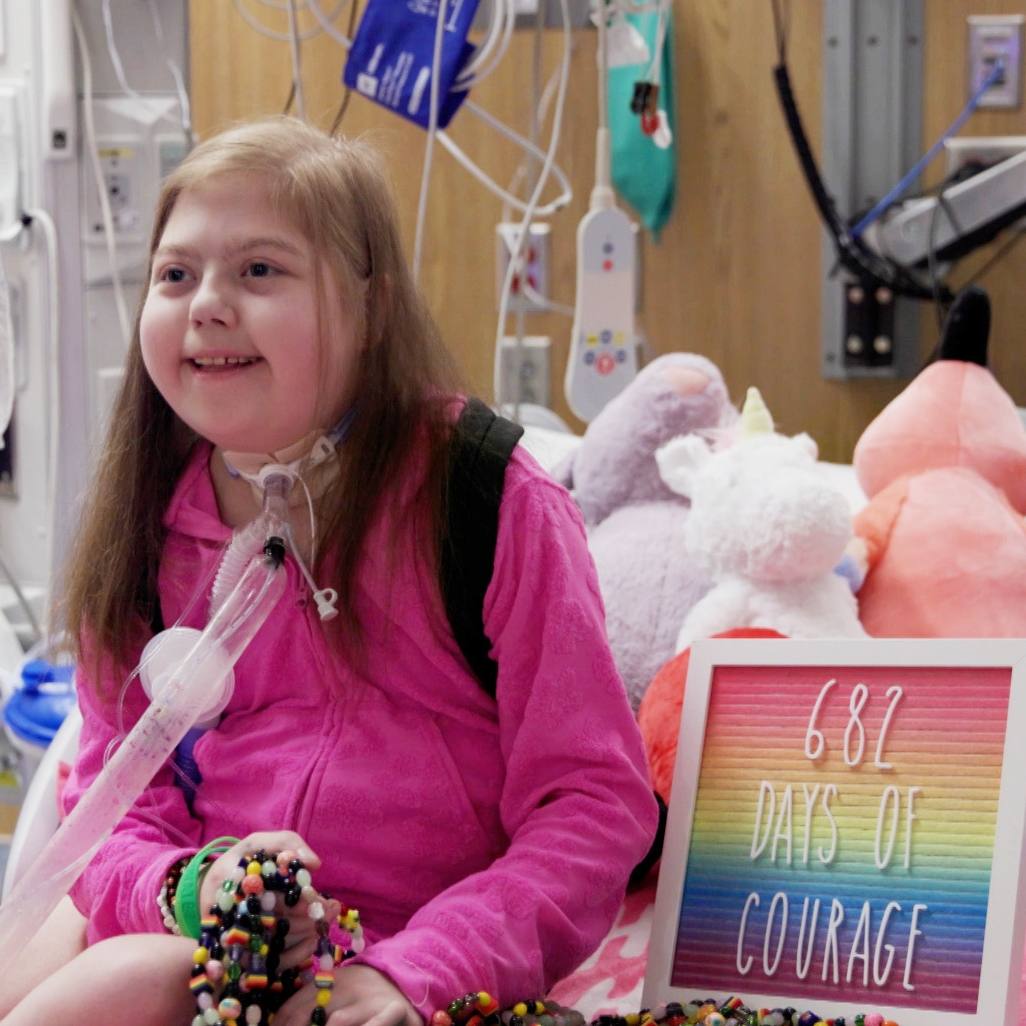-
Mayo Clinic Children's
COVID-19 booster vaccinations extended to kids 5-11

The COVID-19 booster recommendations in the U.S. have been extended to include children ages 5–11. The Centers for Disease Control and Prevention made those recommendations following the Advisory Committee on Immunization Practices’ (ACIP) meeting on Thursday, May 19.
"Vaccination continues to be a safe and effective way to prevent serious illness and hospitalizations from COVID-19 in people of all ages, including children over 5 years of age," says Dr. Nipunie Rajapakse, a pediatric infectious diseases specialist with the Mayo Clinic Children's Center.
"This booster dose also improves protection against the omicron variant," says Dr. Rajapakse. "Ensuring children in this age group are protected by vaccination and receiving their booster dose will allow them to more safely participate in the summertime activities many families are looking forward to, including travel."
New booster recommendations:
- Children 5–11 should receive a booster shot 3-5 months after their initial Pfizer vaccination series.
- Those 12 and older who are immunocompromised and those 50 and older should receive a second booster dose at least four months after their first booster.
Mayo Clinic will begin offering this booster vaccine dose to all eligible patients in early June.
COVID-19 vaccines have been used under the most intensive safety monitoring in U.S. history. This includes studies in children 5‒11.
Mayo Clinic recommends everyone, including children, should be vaccinated for COVID-19 because the COVID-19 vaccine reduces the risk of getting infected with COVID-19, or becoming seriously ill or dying if they are infected. The more children who are vaccinated, the harder it is for COVID-19 to spread and make variants. This keeps daycares and schools open and available.
Children who previously had COVID-19 infections can and do get infected again. The protection from reinfection only lasts a couple of months. The vaccine boosts any natural immunity that may have developed in previous infected individuals and has been shown to enhance their protection against COVID-19 infection, both in the short term and the long term.
Information in this post was accurate at the time of its posting. Due to the fluid nature of the COVID-19 pandemic, scientific understanding, along with guidelines and recommendations, may have changed since the original publication date.
For more information and all your COVID-19 coverage, go to the Mayo Clinic News Network and mayoclinic.org.
Related Articles







